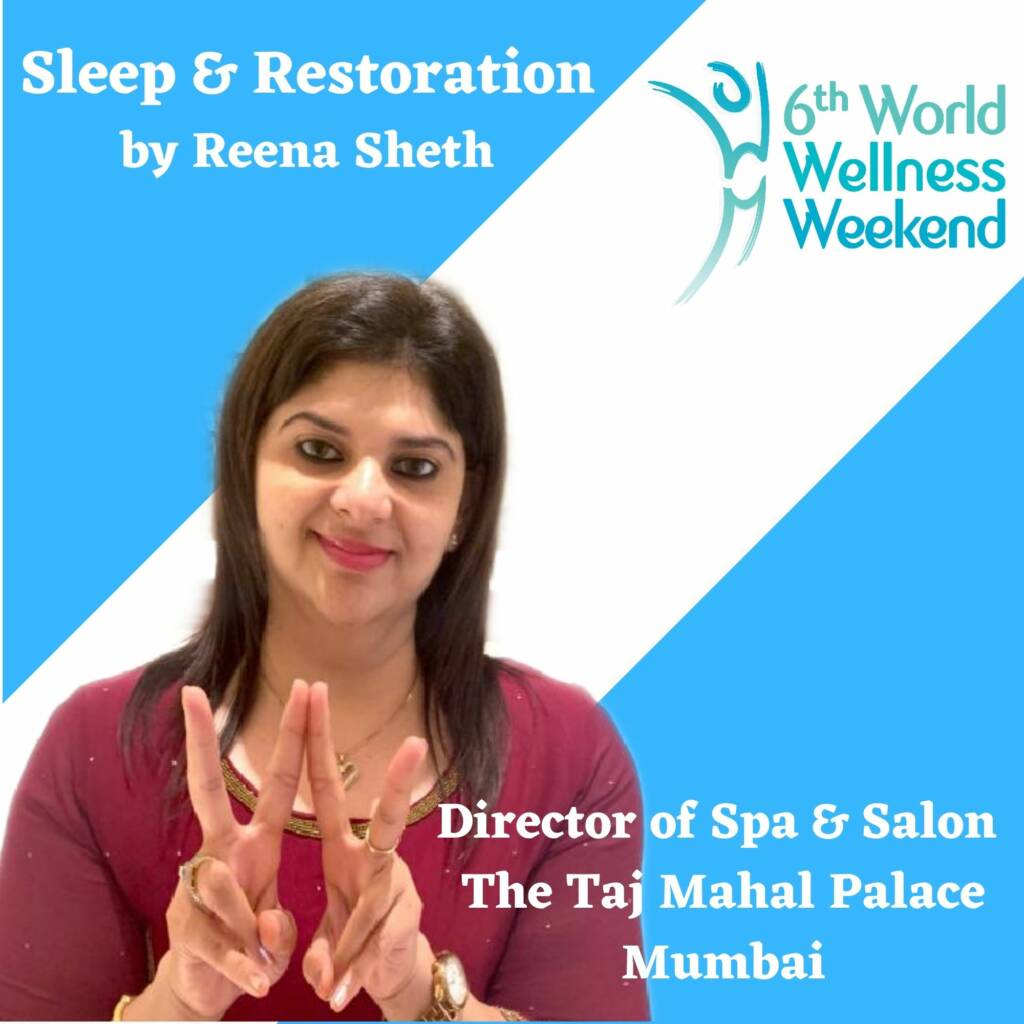World Wellness Weekend 19-20-21 Sept 2025 #WorldWellnessWeekend #WellnessForAll #WellnessWeekend
Publié le

Sleep is one of nature’s greatest inventions and blessings of life. It is a periodic rest of the body which is absolutely essential for its efficient functioning. It has been called the “most cheering restorative of tired bodies.”
Sleep is an indispensable condition for the recuperation of energy. It is a basic need in man’s mental as well as physical life. It is imperative to creativity as it recuperates the brain cells. During sleep, most body functions are carried on at the lowest level possible in health. Heat production is from 10 to 15 percent below the basal level. The body temperature mechanism is less sensitive than in the waking state and is depressed by 0.5 to 1.0 degrees F. 10 to 30 beats per minute reduce the heart rate, and a decline in blood pressure of about 20 mm occurs in quiet, restful sleep.
Loss of sleep exerts seriously detrimental effects upon the nervous system. Long periods of wakefulness may cause profound psychological changes such as loss of memory, irritability,
hallucination and even schizophrenic manifestations.
Another mystery about sleep is that no two persons need the same amount of sleep. Dr. Nathaniel Kleitman, Associate Professor of Physiology at the University of Chicago, who conducted years of extensive experiments at the University’s “Sleeping Laboratory” says that there is no more an average duration of sleep than there is standard height and weight. A study of 25 subjects spread over thousands of nights showed that the average amount of sleep needed to feel well-rested is seven-and-a-half hours, though individuals varied from six to nine hours. On the whole, women sleep from 45 minutes to one hour more than men. The amount of sleep required varies at different ages as follows: The depth of ordinary restful sleep fluctuates throughout the rest. In most adults, sleep deepens through the first hour, after which it lightens instead sharply and then more gradually until morning or until the usual time of awakening. However, growing children’s sleep deepens a second time for a little while. According to Dr. Lindlahr, a famous naturopath, two hours before and two hours after midnight are the most valuable for sleep all the twenty-four hours of the day. In these four hours, mental and physical vigor are at their lowest ebb, and sleep is soundest and most natural.
It is believed that three-quarters of our sleep consists of ‘slow-wave sleep.’ The restorative processes occur during this time. The remaining quarter is taken by ‘rapid eye movement (REM) sleep.’ It is also called paradoxical or dreaming sleep, and it comes in episodes of about 20 minutes duration about five times a night. It involves dreaming, irregular heart rates, raised blood pressure, and erection of the penis. In this phase of sleep, ordinary healthy young men may have wet dreams. Both forms of sleep are considered equally important, being normal sleeping rhythms.